1.2085 steel, often referred to as 420M steel, belongs to the category of martensitic stainless steel. It is a popular choice in many industries due to its balanced properties, which include corrosion resistance, hardness, and machinability. Let’s delve deeper into what sets this steel type apart. (1.2085 steel type)
Key Properties of 1.2085 Steel Type
- Corrosion Resistance: The 1.2085 steel type is prized for its resistance to corrosion, making it a reliable option for applications where exposure to moisture and corrosive substances is a concern.
- Hardness: This steel type can be hardened to a significant degree, making it ideal for tools, molds, and components that require high hardness and durability.
- Machinability: 1.2085 steel is well-known for its machinability, allowing for easy shaping and forming into various tools and parts.
- Wear Resistance: The hardness of this steel type also provides excellent wear resistance. Making it suitable for tools and components subject to friction and wear.
Applications of 1.2085 Steel Type
Tool Making
The 1.2085 steel type is commonly used in the production of cutting tools, knives, blades, and other similar items due to its impressive hardness and corrosion resistance.
Mold Making
In manufacturing, molds play a crucial role in shaping products. 1.2085 steel is a preferred choice for mold making because it can withstand wear and provide precise shaping.
Bearings and Shafts
In certain applications, this steel type can be found in bearings and shafts. Its combination of hardness and corrosion resistance is advantageous.
Surgical Instruments
The biocompatibility and resistance to corrosion of 1.2085 steel make it suitable for producing surgical instruments where precision, cleanliness, and hygiene are paramount.
Food Processing Equipment
Thanks to its corrosion resistance and ease of cleaning, 1.2085 steel is sometimes used in the food processing industry to create cutting tools and blades used in food preparation.
1.2085 steel type, also known as 420M steel, is a versatile material known for its unique blend of properties. Making it a valuable choice for numerous applications. Its corrosion resistance, hardness, and machinability make it a popular selection for tool making, mold production, and more. The key to choosing the right steel type for your needs is understanding the specific requirements of your project. 1.2085 steel is an excellent option in many cases.
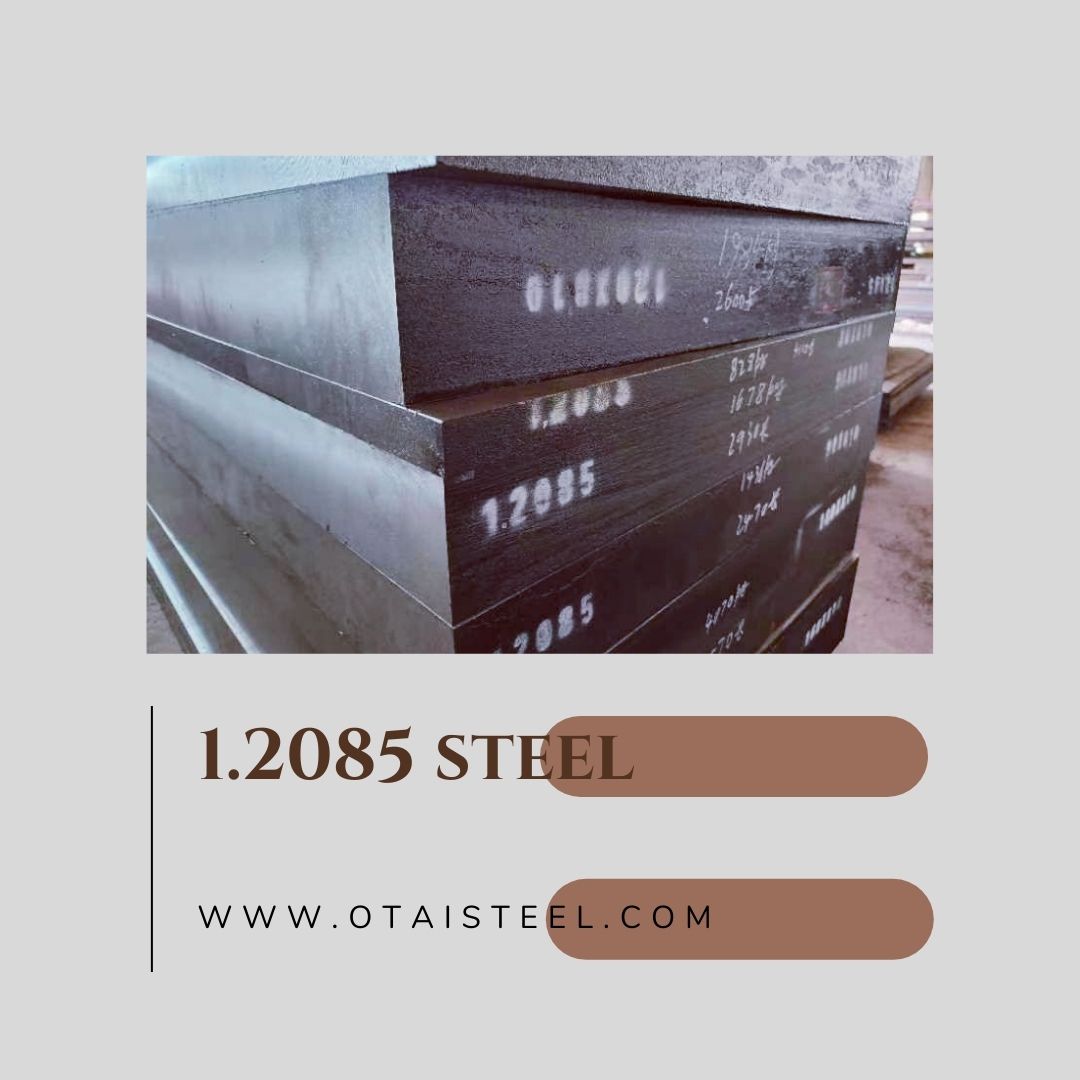
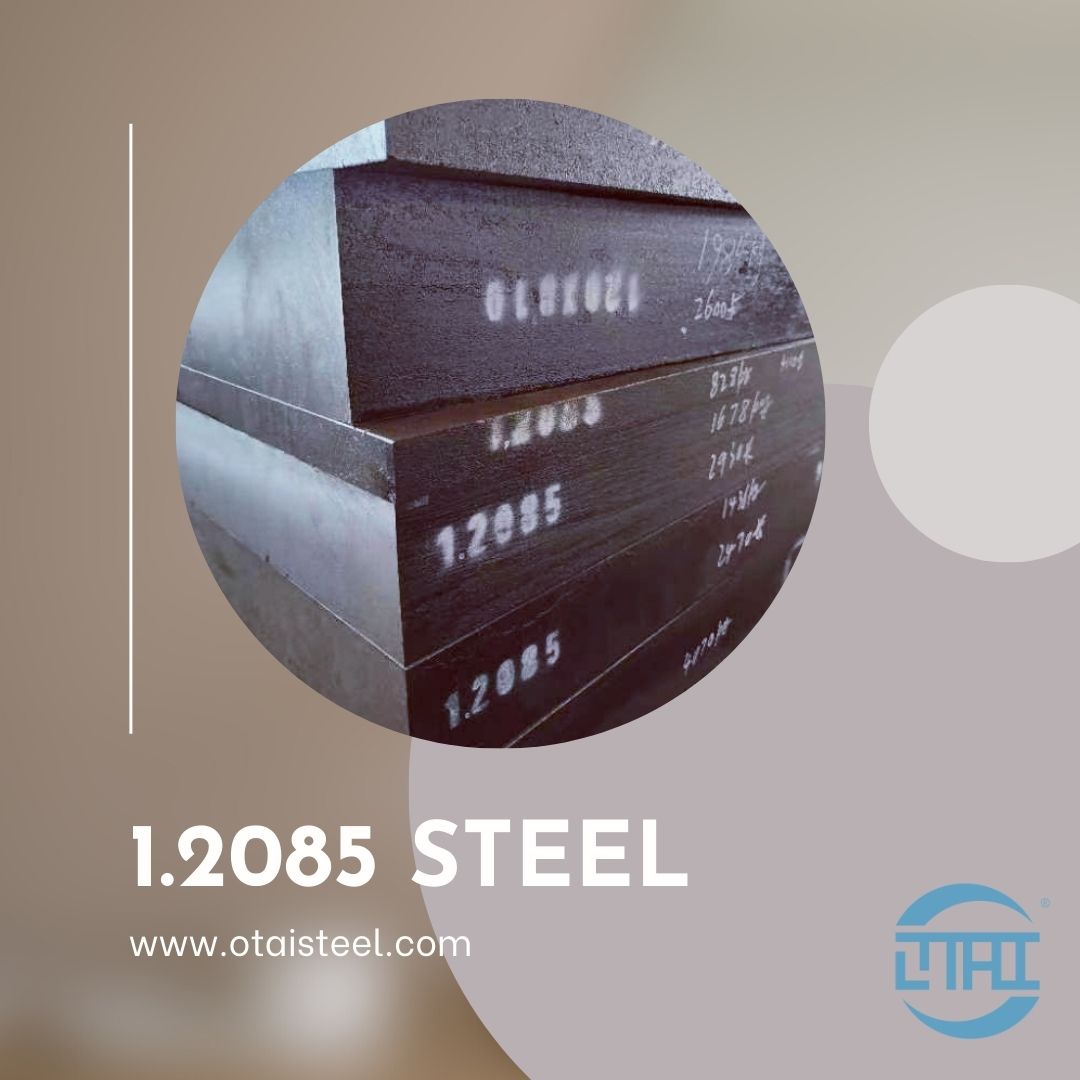

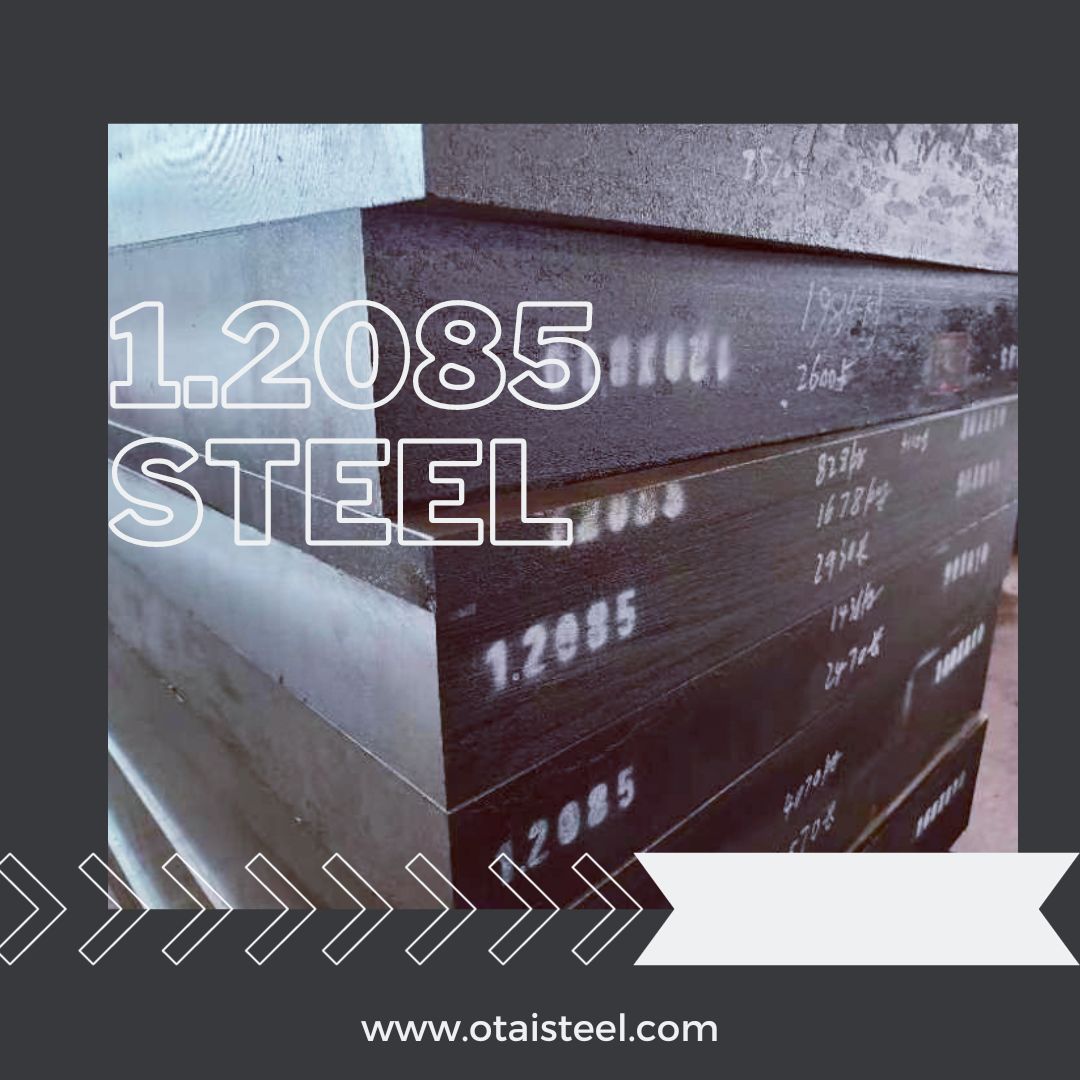
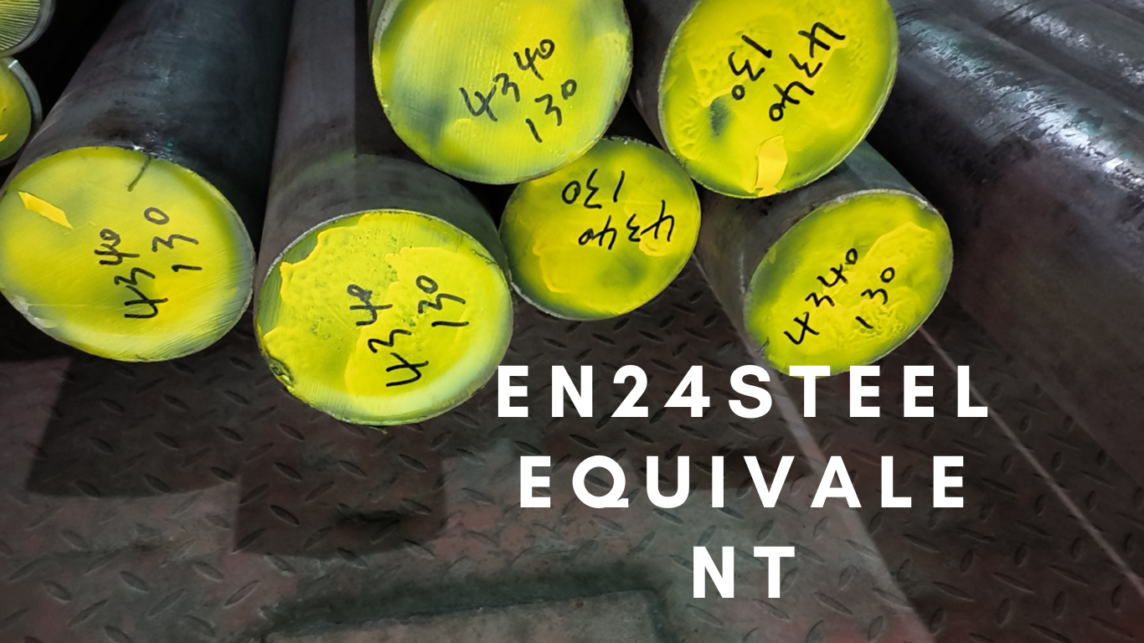
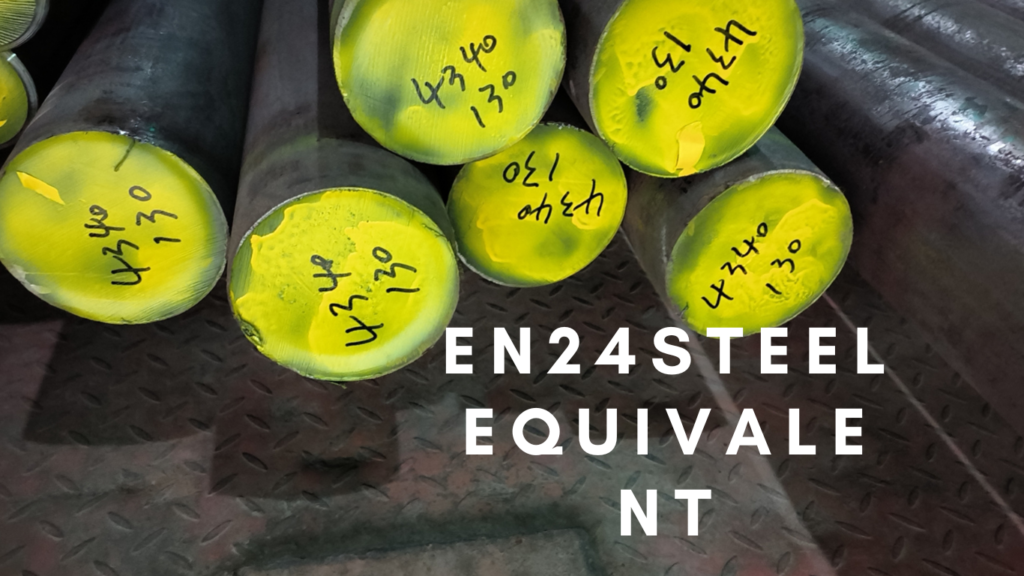
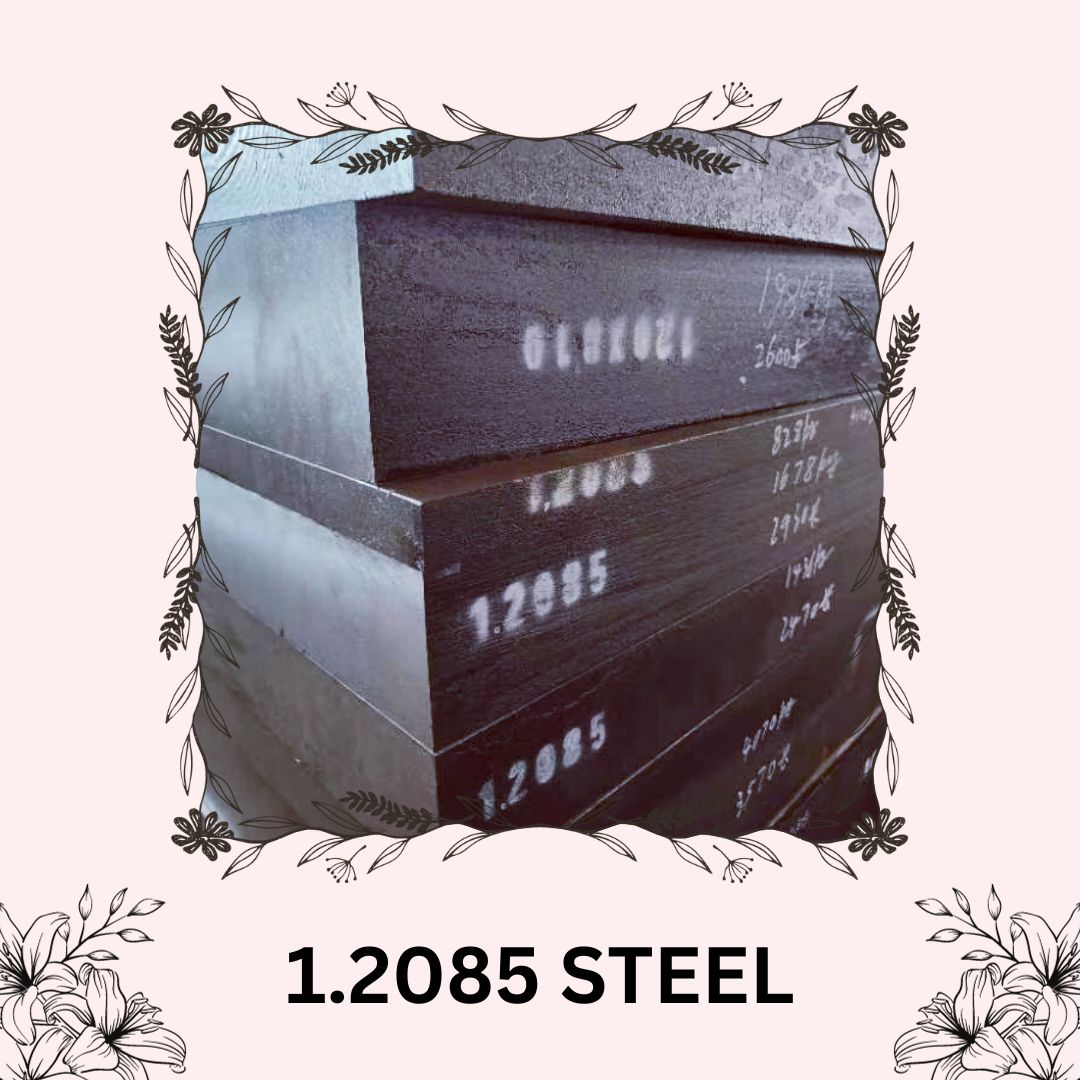 Steel material 1.2085, also known as 2085 steel, is a high-quality tool steel commonly used in various industrial applications. In this comprehensive guide, we will delve into the characteristics, properties, applications, and advantages of 1.2085 steel.
Steel material 1.2085, also known as 2085 steel, is a high-quality tool steel commonly used in various industrial applications. In this comprehensive guide, we will delve into the characteristics, properties, applications, and advantages of 1.2085 steel.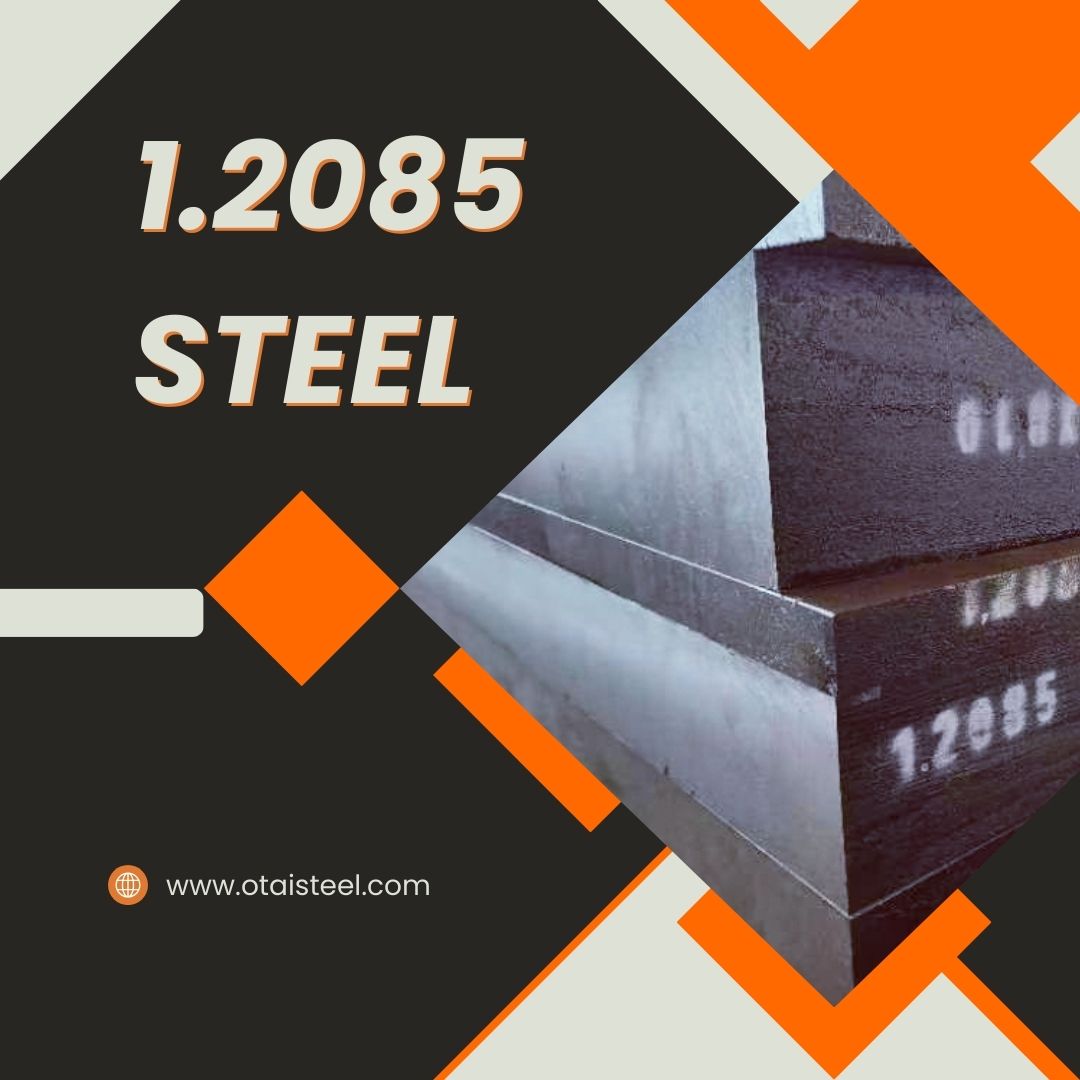 1.2085 steel, also known as 420M, is a high-carbon martensitic stainless steel. It’s characterized by its unique composition, which includes approximately 0.50-0.60% carbon, 13-14% chromium, and smaller amounts of other alloying elements. These specific components give 1.2085 its impressive properties, making it a popular choice in various applications.
1.2085 steel, also known as 420M, is a high-carbon martensitic stainless steel. It’s characterized by its unique composition, which includes approximately 0.50-0.60% carbon, 13-14% chromium, and smaller amounts of other alloying elements. These specific components give 1.2085 its impressive properties, making it a popular choice in various applications.